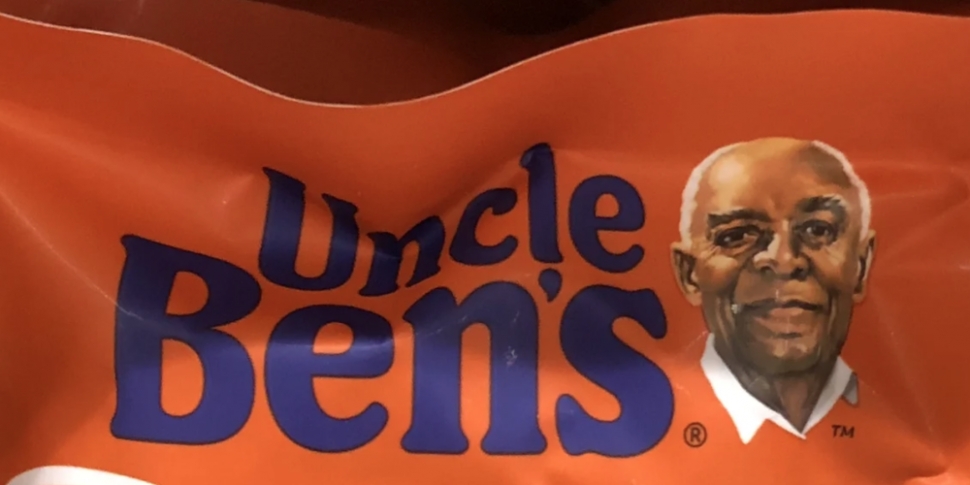Eventbrite en Respons hebben conferenties binnen marketingcommunicatie, tech en business (tussen de 500 en 17.000 bezoekers) van het afgelopen halfjaar en het komende halfjaar in kaart gebracht. Van 32 evenementen is het programma geanalyseerd, waaronder de NIMA Marketing Day en het Grote Marketing Congres. Ruim 1.200 personen zijn bekeken en daarvan is grofweg 73% man en 27% vrouw.
Auteur: Lucas Boon*
Er zijn echter ook uitzonderingen. Hieronder de Top-5 van conferenties die meer vrouwen dan gemiddeld op het programma hebben staan:
- 1. Material District: 51% vrouw
- 2. Communicatiecongres: 46% vrouw
- 3. Lxdcon: 45% vrouw
- 4. Customer First Congres: 42% vrouw
- 5. The Next Web: 41%
We verzamelden enkele reacties uit het marketingspeelveld, zie hieronder.
Quotum
Jasper Dijkstra, commercial director bij Eventbrite Benelux, gelooft dat een divers programma de potentie heeft om conferenties te verbeteren en aantrekkelijker te maken voor nieuwe doelgroepen. ‘De uitdaging zit ‘m in de vraag hoe we dat doen. Sommige mensen willen een quotum om gelijkheid te bereiken. Maar die zijn controversieel. We suggereren dan ook niet dat quota de enige of juiste manier zijn om diversiteit te bereiken. Onze bijdrage met deze analyse is om een momentopname te delen van genderdiversiteit op de podia van conferenties. Hopelijk brengt het een discussie op gang over hoe het beter kan.’
Verbazing
Luuk Ros, programmeur van NIMA Marketing Day en tevens oud-hoofdredacteur van dit vakblad, beaamt dat het percentage rap omhoog moet, maar spreekt ook zijn verbazing uit over dit onderzoek: ‘Kijkend naar het marketingvak kun je rustig stellen dat er sprake is van een 50/50-verdeling, dus zoiets wil je ook terugzien op events. Maar een communicatiecongres is iets anders dan een beurs over materiaalgebruik in product design, dat is appels met peren vergelijken.’ Ros erkent dat het soms lastig is om ‘meer vrouwen op marketing events’ in de praktijk te verwezenlijken, maar zegt daar wel naar te streven. ‘We moeten gewoon beter ons best doen om vrouwen te vinden, maar het lukt eigenlijk best redelijk. Het zou mooi zijn als het er meer waren, maar we hangen wel geregeld boven het blokkenschema om te voorkomen dat we een ‘male track’ neerzetten. Dit onderwerp speelt dus zeker bij ons.’
No female only
Ook professioneel spreker Maartje Blijleven ziet op events vooral mannelijke sprekers. ‘Vaak ben ik -naast de moderator- de enige vrouwelijke spreker tussen een geheel mannelijke line-up. Of word ik gevraagd op een ‘female-only’-evenement. Terwijl een goede mix op het podium nu juist zo belangrijk is voor het delen van verschillende verhalen en inzichten.’ Blijleven heeft daarom samen met TEDx-organisator Jessika Lynch de community WomenTalkTech opgezet, dat meer vrouwen op de bühne moet krijgen. Lynch: ‘We streven naar een betere man/vrouw-balans op events. Deze moet komen van bedrijven, collega-mannelijke sprekers en organisatoren van evenementen.’
Krampachtig
Tot slot de mening van Lucas Boon, redacteur bij MarketingTribune en auteur van dit stuk, over het onderwerp: ‘Organisatoren van events doen te krampachtig hun best om die vrouwen maar op de bühne te krijgen. Maar volgens mij boek je een spreker omdat hij/zij relevante kennis over een bepaald onderwerp in huis heeft. Van welk geslacht die persoon is, is verder niet interessant. Daar komt bij dat zo iemand het ook leuk moet vinden daar ten overstaan van een zaal over te vertellen. En mannen horen zichzelf nu eenmaal liever praten dan dat vrouwen dat doen. Vandaar dit -niet wereldschokkende- nieuws.’
* Dit artikel is verschenen op MarketingTribune.nl en integraal gepubliceerd in overleg met de redactie

















